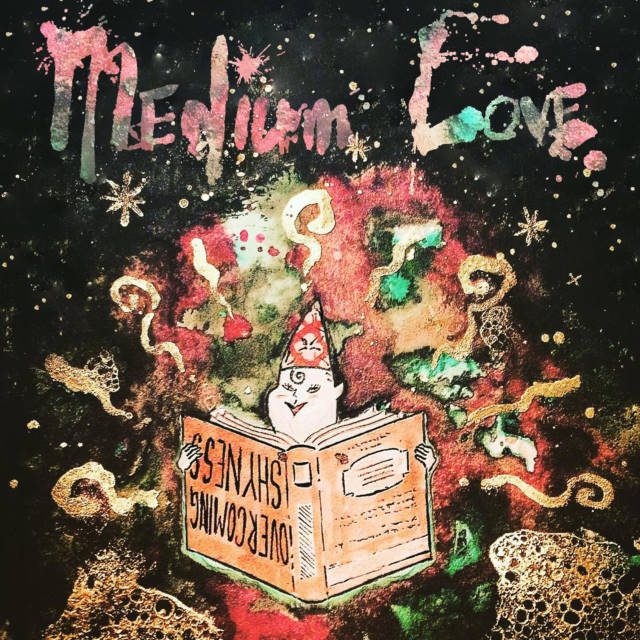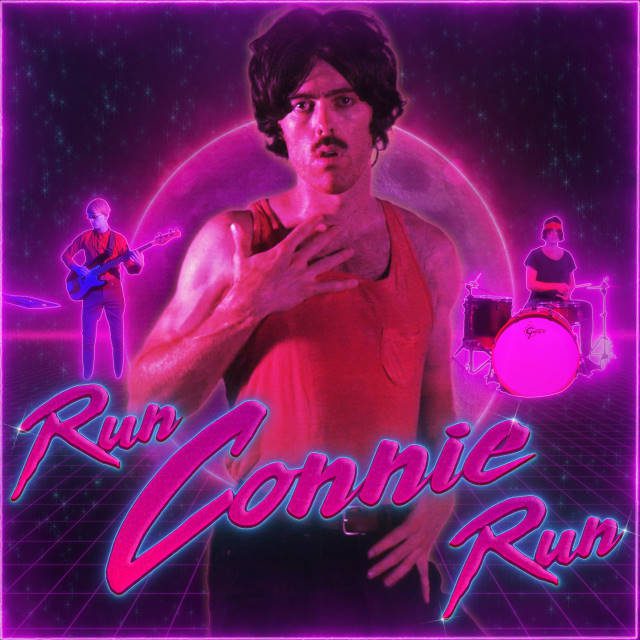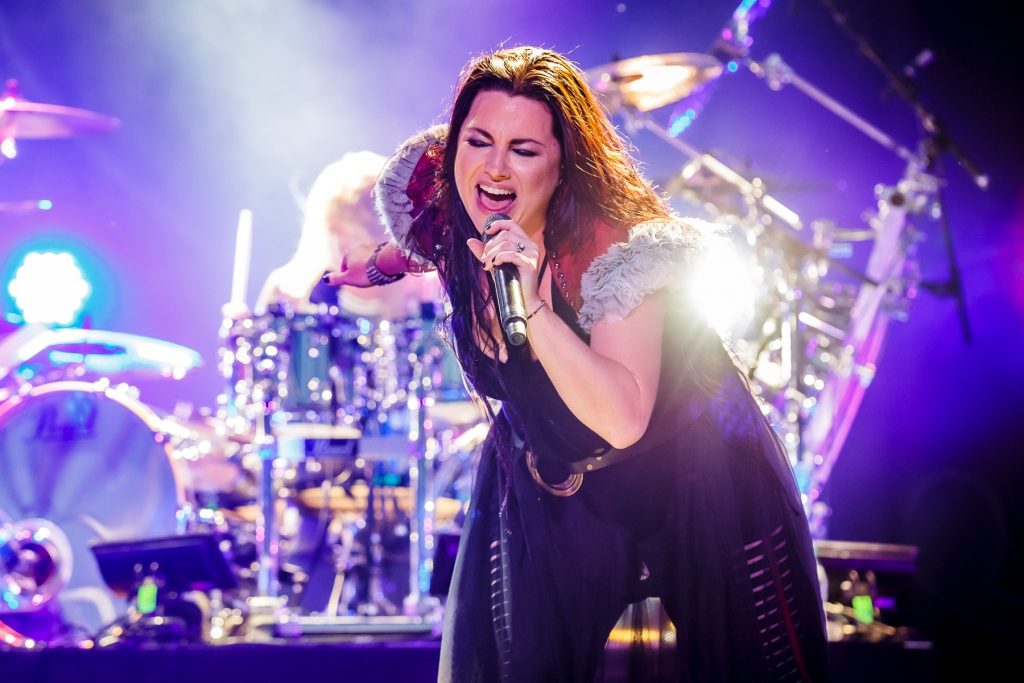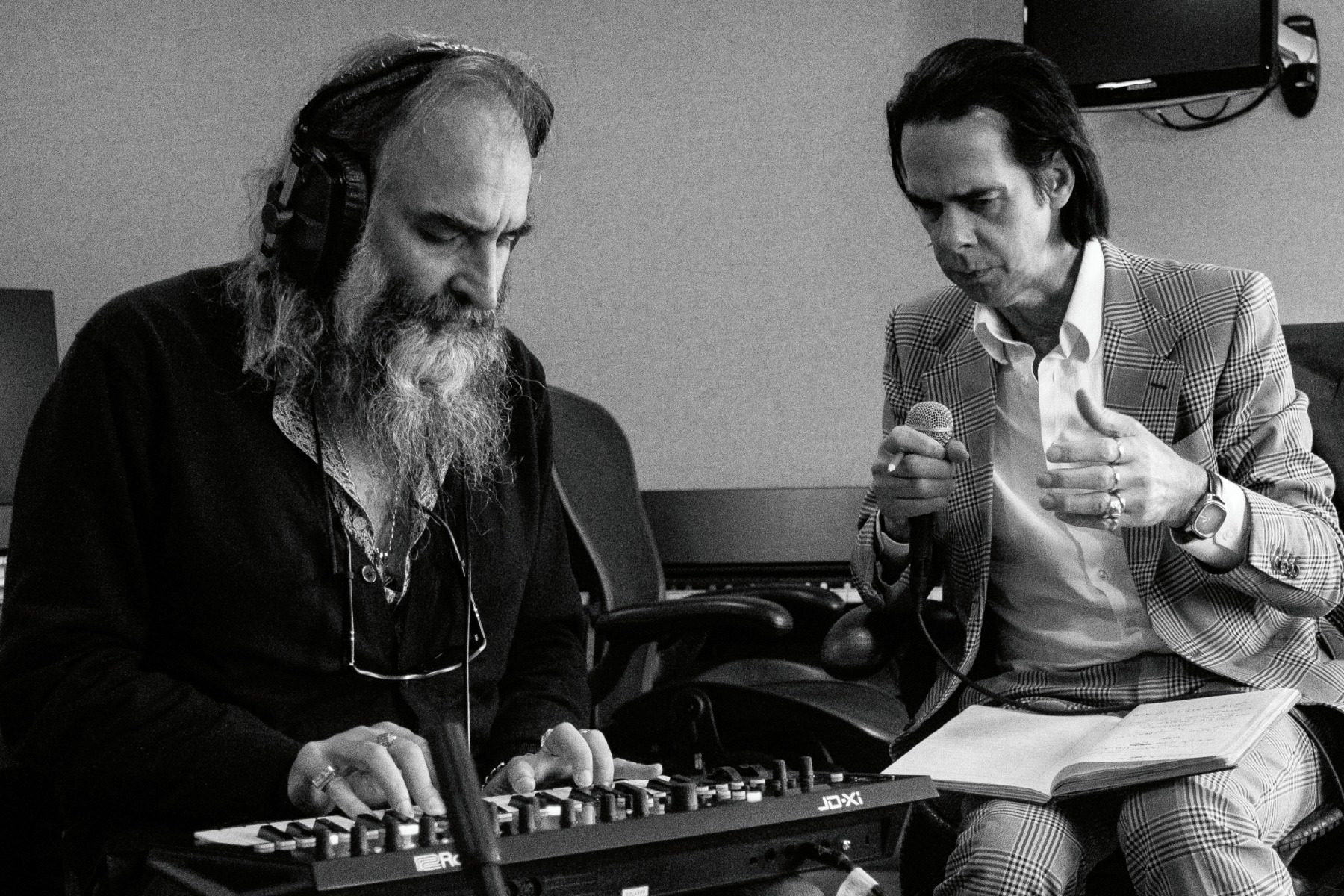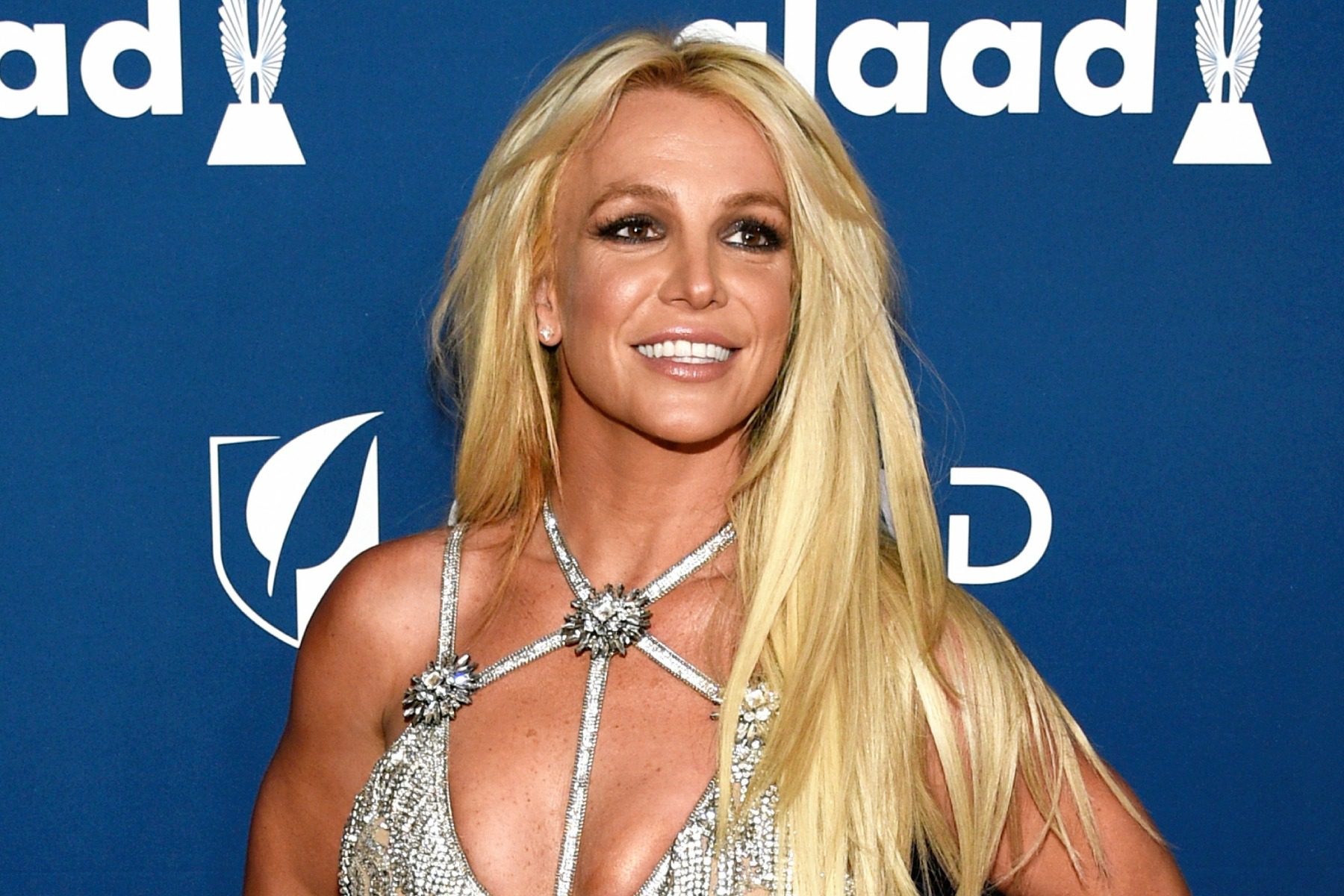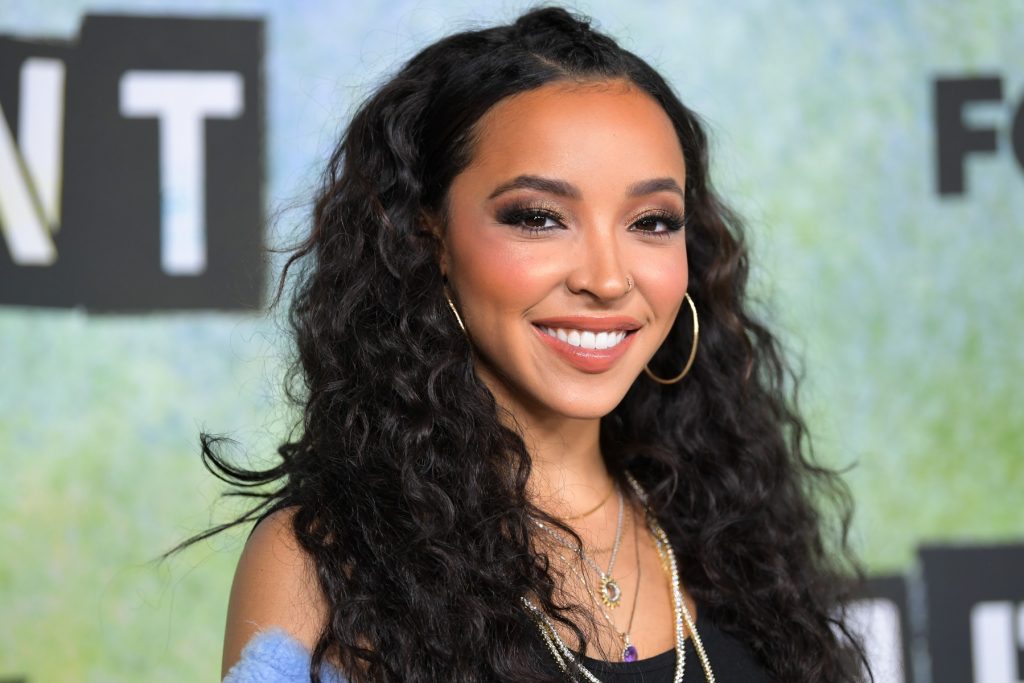
Tinashe Wants to Abolish All Genres
Tinashe wasn’t always the type of artist to lead with her political beliefs. It’s not that she didn’t have her convictions, but trying to keep your recording career alive inside a company that’s not built for you to succeed tends to be a full-time job. She parted ways with RCA in 2019, the label she announced signing to seven years prior. If the last few years of her existence focused on achieving creative and contractual freedom, 2020 seems to be about transparency. Over the phone, the Songs for You singer is as passionate about changing systemic racism in the music industry as she is about Black Lives Matter protests. “I think I’ve always been this way, like this is just who I am,” Tinashe says. “But I do think that having the freedom as a creative takes away the fear about how you move, because you realize that it’s now it’s your responsibility.”
“There’s a freedom in standing up for what I believe in and speaking candidly about things that I think are important and just losing that fear, because a lot of the reason why people don’t is just because they have these irrational fears about how I guess things will inevitably affect them, but it’s not worth it,” she continues. “It’s it’s much more important to be honest, especially at this time. I think it’s so important that everyone is honest.”
Her latest song, “Rascal,” is tinged with a sense of rebellion. “They don’t know the road that we’ve been on,” she sings. “Bitch that ain’t a joke, I’m a villain.” For some corporate overlords, Tinashe is indeed an antagonist for the major label system. But for others, she’s an artist that escaped from the machine intact and is now speaking on what it takes to not be swallowed whole.
What’s a normal day for you, like in 2020?
Wow. Hard to say. It’s been different kind of all the time, every week. Rolling with the punches and like making the best of every situation. At the beginning of quarantine, I was largely focused on just being creative and staying focused on new music, which has always been nice because I have a studio in my house. So that’s always a great, really wonderful outlet. And then with everything that’s going on with Black Lives Matter and everything, I got really involved physically going to protest and that took up a lot of my time. So now we’re just kind of getting back into the creative swing of things.
What’s the new music been sounding like?
I really wanted to create stuff that felt really happy and brought, you know, joy because I was obviously feeling really depressed. We’re stuck in the house. This is unprecedented depression that we all kind of felt collectively before we normalized this. Now, maybe it’s not as bad. I think it was I really wanted to make songs that for me, felt really hopeful and exciting and fun. So there’s a lot of danceable beats and stuff you still want to play that makes you feel good. That’s kind of been my main focus. And also, like not writing literally about being in quarantine.
What’s your thoughts been on how the major labels have responded to calls for equality and equity in the wake of all of this social upheaval?
I think it’s great. There’s some first steps that definitely some people and some companies have taken that are amazing and are progress, but I also honestly kind of think it’s funny. There’s such a long way to go and it’s so deeply rooted and so systemic in the music business and in these major label systems, that it feels kind of just tone deaf and off a little bit to me. And obviously a little bit of just like performative activism and not real getting down to the issues. I obviously don’t know what’s going on behind the scenes, but I’ve seen a lot that makes me want to hope for a complete restructuring of how it’s operating.
It feels almost as if they’re putting a Band-Aid on a gaping wound, or build a house when the foundation is rotting. I don’t trust a lot of what I’m seeing.
It’s definitely not. I think it’s funny. I don’t take it seriously. It doesn’t feel serious.
How do you see the problem of pop as a genre verses urban can be fixed and can it be fixed in your opinion?
Yes, I think it can be fixed, but I’m going to go as far as to say we need to abolish genres in general. I think that the way that many of them came to be and have continued to progress is very much so based on race and the segregation of music based on race. By putting artists either in an urban category or an R&B category or rap category, a hip-hop — these really general umbrellas that we use to define different genres — it creates a huge sense of isolation for the creative when they’re trying to experiment, especially for creatives that don’t necessarily feel like they fall into one of the genres, which was my experience. When I first came on the scene, I felt a real aversion to being labeled as like a new R&B girl. Not because I didn’t love R&B, but because I could see, especially within my own label, how different the team operated that was marketing [and] pushing the urban department at the company, and how it was not the same department that was pushing the pop acts. Those were the stages I wanted. That was the radio station I wanted. I always saw myself as like a Z100 artist. I always thought that my material and my music and my art fit into that category already.
It really didn’t make sense to me when I felt like I would put myself into a genre that had a feeling, and felt limited in terms of budget. Or they were literally on a different floor of the building and didn’t communicate with each other. It was never like, we’ll work together to promote a song or an artist. It was this team or that team. That’s really dangerous for somebody who kind of falls in between in the middle, like me, for example. And I’m sure so many other artists. Like, I was lucky that they at least tried and, you know, attempted to make it work. But it was really deep-rooted, how the companies are set up to operate almost separately, independently of one another. It’s really not there for artists who use labels like just it doesn’t fit perfectly.
Also, I think changing the name from, like, urban contemporary to R&B or whatever is just like a new title for the same issue. It doesn’t get rid of the problem of categorizing people and putting them into places where there’s just less promotion, less mainstream fucking respect. It’s deep. Across the board, it’s not just from the labels, it’s also the radio stations. What they choose to put [out], people who book live performances, award shows. Those things all play a huge part in what makes artists really mainstream and successful, and to not have the same amount of exposure and support in those areas is really detrimental.
The systematic problem where it’s radio programmers, streaming service playlists, award shows, talk shows — how do those areas generally keep out black artists, but specifically black women?
Well, in my experience, it’s been a lot of if your song doesn’t fall into the top 40. I guess that that’s usually the end all, be all — for what? What makes those performances happen? And there’s so many incredible artists who don’t fall into the top 40 formula. So many. And they’re just extremely underrepresented in those spaces. The diversity is so, so, so, so, so not there and it’s really obvious. We see the same performers every year, and that’s not to knock those performers. Everyone is obviously amazing and deserves their spot, but there’s room for more people. There’s more diversity in music and art than is shown in the in the mainstream space.
In 2020, would you ever sign with a major label again?
I think when I first went independent, I was much more open to the idea that maybe a different situation would be a better situation and that maybe someone else would understand me more and be able to get behind me and help me. I realized more and more that is really just the same in a lot of different situations. When you start having other people impact your creative, it makes a difference whether you like it or not, whether you’re aware of it or not, just the subtle implications of someone saying they like this or don’t like that is way more powerful than you probably would ever even realize. And for me, knowing how detrimental being unfulfilled creatively was for my spirit and my soul, I would not do that at this point at all — get involved with anyone that wants to potentially jeopardize that.
For other artists what would your advice be for someone who has been in the major label machine and is now independent. What are the challenges, but also some of the successes that you’ve seen that other people might need to know about.
I think the biggest thing that you can do for yourself is to consistently put out quality content because content is king. That’s literally what the music business is founded on. It’s the music that we create, the art that artists create. So as long as you’re making dope stuff, keep making dope stuff and don’t stop and keep your foot on everyone’s neck. And in terms of, like, funding it, it can definitely be hard. Obviously, I’ve been there. Finding budgets to make the kind of content that you want, but it’s all about being strategic. You’re going project by project, or just don’t get into situations where you have several projects or long term deals. It just doesn’t make sense anymore. Just get your money. Make your art. Don’t let people affect your vision, and get a team who supports your vision, too, because it’s hard to do it when it’s just you. You need other people who will fight for your vision.
What do you hope for from your career, and and for other people’s careers that look like you, in the future?
I hope that, especially for other women like me or other female artists, see a world where we aren’t limited by our sounds or by what we look like in terms of what stages we can perform on. We get the same kind of push and respect as our white peers and as our male peers. That’s a huge difference as well. I think I would really love to see obviously more of that in the future. Way more diversity on the radio, on TV. When it comes to music there’s room for everyone.
